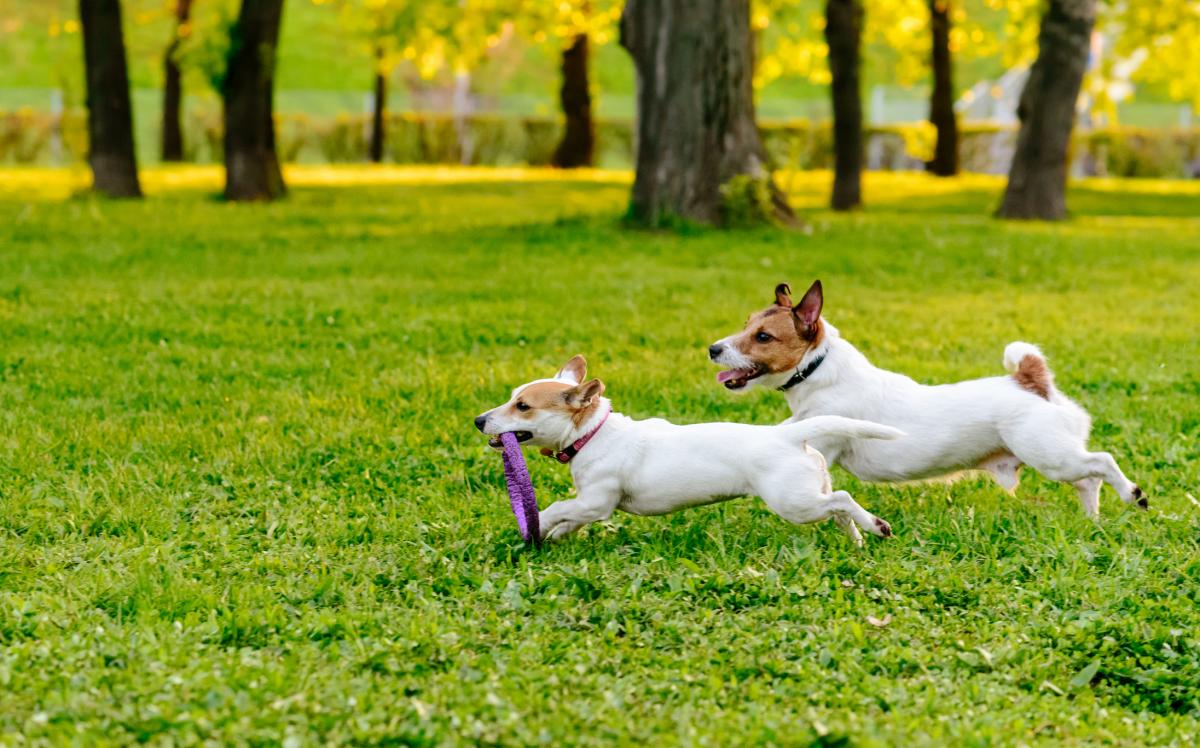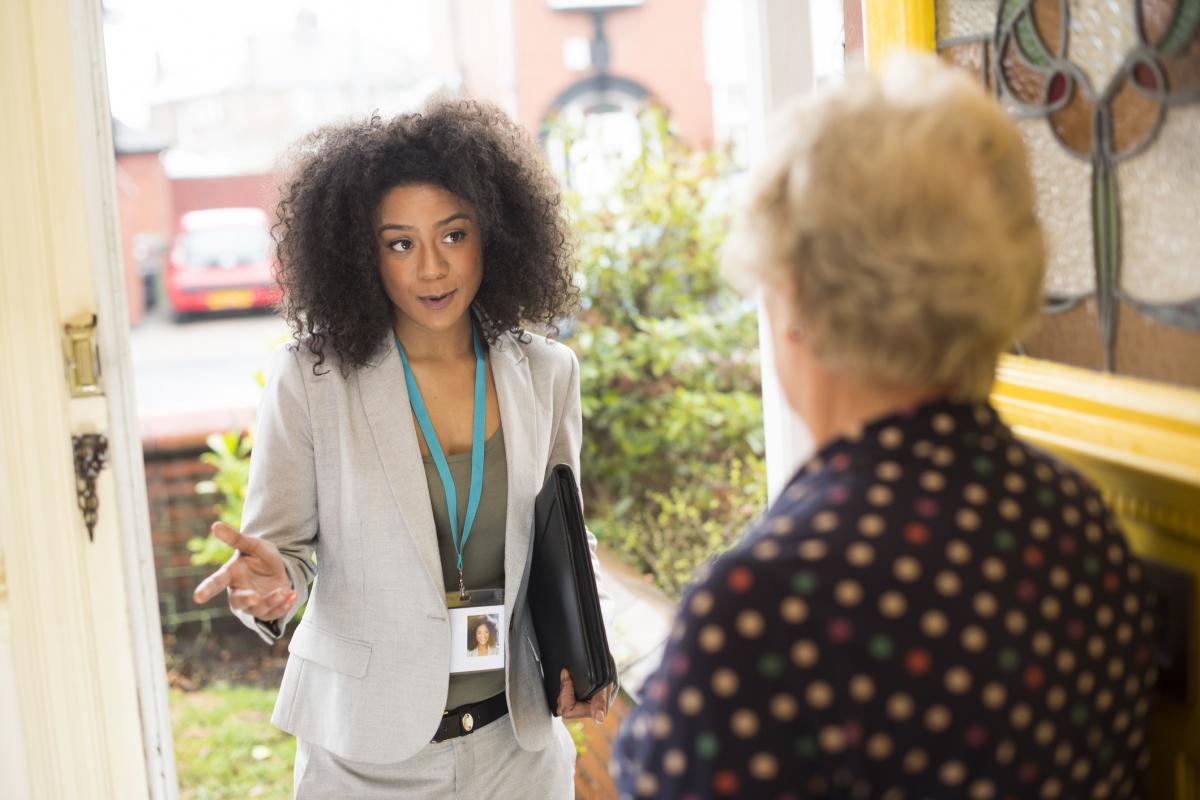As the temperature climbs so does the number of animal bites reported to Public Health. Often, bites are from dogs encountered in our city parks or on country trails. Sometimes, people are too upset to remember to get the animal owner’s contact information. So what should you do if you or a family member is bitten by a dog?

The short answer is you should take down the owner’s name and number if you can. Wash the wound with soap and water and seek medical attention. Then call our Public Health Inspection Line at 1-800-265-7293 ext. 4753. This is because animals can carry rabies in their saliva. Once symptoms start, rabies is fatal. So get treatment immediately.
The long answer is that once you call Public Health, we go through some steps to help determine the risk of rabies from the animal bite, and advise on prevention or treatment, if needed.
One of the concerns we hear from pet owners is that they’re worried we’ll take a dog away or have it put down after it bites someone. This is not the case.

Instead, a public health inspector will confine the animal at its owner’s home for 10 to 14 days to see if any signs of rabies (such as changes in behaviour, aggression, staggering, drooling or paralysis) develop. If the animal has no signs of rabies after two weeks, it didn’t have rabies at the time of the bite. When the public health inspector visits and confirms the animal is healthy and behaving normally, the animal is released from home confinement. We can then confirm that the person who was bitten is not at risk.

Throughout this process we stay in touch with the person who was bitten.
Public health also ensures the animal’s rabies vaccination is up-to-date. All dogs, cats and ferrets over three months old should have their rabies shot (it’s the law).
If you’re not sure what to do after a bite from a dog or a cat; a horse or a bat; a racoon or a skunk, give us a call. In 2017, our team looked into 858 bites. We’ve investigated bites from a variety of wild and domesticated animals–even a monkey.

In 2017 there was a confirmed case of rabies in a bat in our area. So far, there has been one in 2018 as well. Thankfully, there was no human exposure in these cases.
Remember, you can protect yourself and your family against rabies by:
- Avoiding contact with wild animals; not feeding wildlife
- Vaccinating your pets against rabies
- Not letting your pets roam free outside (keep pets on a leash)
- Keeping your pets indoors at night
- Not feeding your pets outdoors (food bowls attract wild and stray animals)
- Keeping your garbage securely covered
- Not keeping wild animals as pets
- Teaching children not to touch animals, even if they appear friendly
- Avoiding animals behaving strangely
If you do get bitten or think you have been exposed, call 1-800-265-7293 ext. 4753 (during business hours) or 1-877-884-8653 (on evenings/weekends/holidays).
